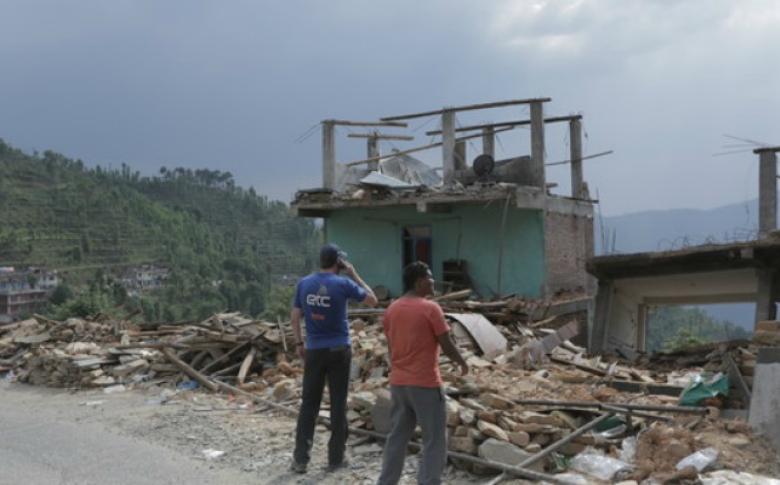Tech experts in emergencies

In 2000 a group of employees at Ericsson wanted to support humanitarian efforts and started the Ericsson Response initiative. Fifteen years later the initiative has grown, and today 157 employees from 33 countries are working as volunteers in emergencies, together with UNICEF and other partners.
Brent Carbno is Program Director Ericsson Response.
How does it work in practice, in the field?
Ericsson Response will only deploy upon a request from a humanitarian partner. We have partnerships with UNICEF and several UN agencies and international NGOs. Once on the ground, we work under the guidance and management of the partner organization that requested our support. We could deploy communications equipment and/or volunteers, depending on the needs.
What advantages, and potential challenges, do you see in working with the UN?
Working with the UN ensures we can have a greater impact on a large number of affected people during a disaster. Since we have clear objectives and purpose when we deploy, we are confident our contributions are meaningful and fill a necessary role during response efforts.
A current challenge would be around how to support response efforts even when the large-scale UN response mechanisms (i.e. cluster activation) are not engaged during an emergency. Sometimes more localized emergency responses still need outside support.
Apart from Ericsson Response, does Ericsson engage in other ways?
We do, just recently during the World Humanitarian Summit in Istanbul we announced our commitment to develop an Ericsson Emergency Wallet, a mobile financial services solution, for deployment in the immediate aftermath of disaster or crises to support humanitarian organizations and affected populations.
And in 2015, we became signatories to the Humanitarian Connectivity Charter launched by mobile operator industry organization the GSMA. The Charter sets out to enhance coordination within and among mobile network operators before, during and after a disaster, and to scale and standardize the industry’s preparedness and response activities.
Elaine Weidman-Grunewald is Vice President of Sustainability & Corporate Responsibility and Head of Ericsson Response. She attended the World Humanitarian Summit in Istanbul in May 2016.
Elaine, can you share your views on the summit?
Many new and innovative partnerships were announced between humanitarians and private sector financial and technology companies, who will make sure their expertise in digital payments, mobile money and other areas to help meet people’s needs more quickly and efficiently, this is of course one of the great outcomes. I would say that WHS was the first UN event with true attempt at integrating the private sector. The importance of finding real, viable and scalable solutions cannot be under emphasized, and the private sector simply must be brought in even more.
Read the full article on the UNICEF Sweden site